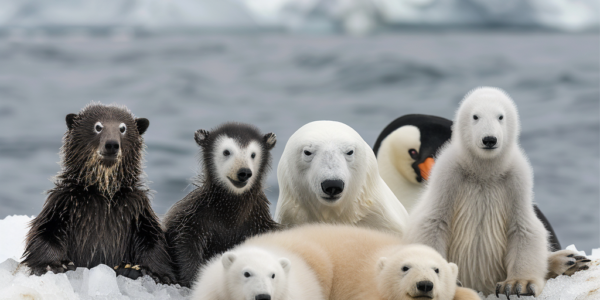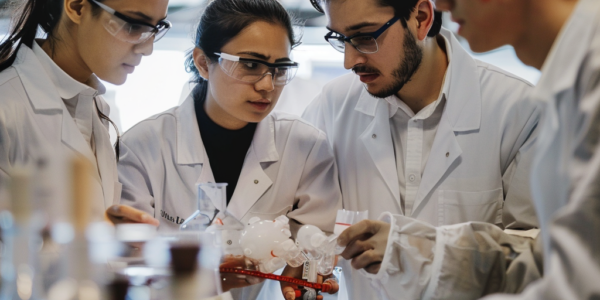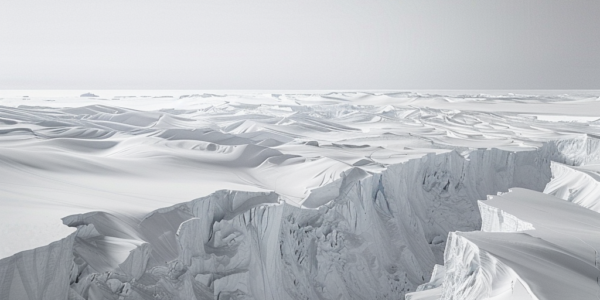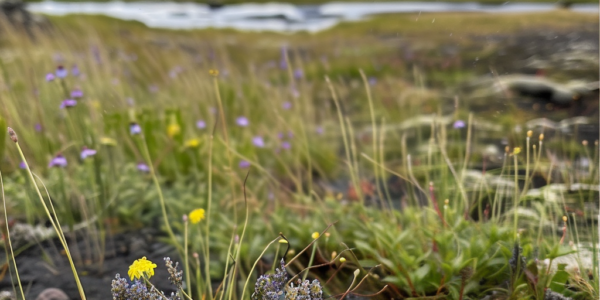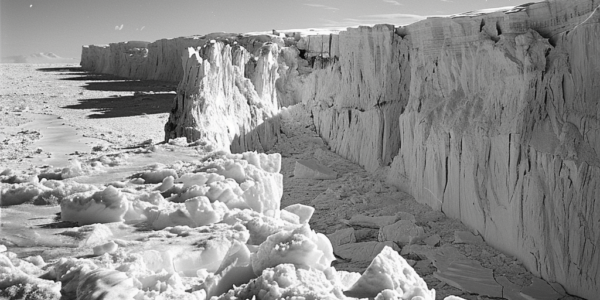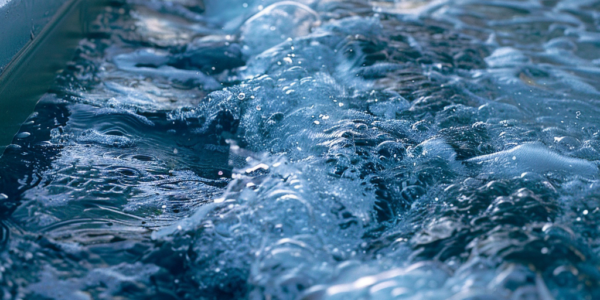Oxford study reveals vulnerability of animal species to climate change
University of Oxford study reveals the vulnerability of certain animal species to extinction due to climate change. Species with limited thermal ranges, particularly those in polar or tropical regions, are at highest risk. Urgent need for proactive conservation efforts highlighted to safeguard vulnerable species from escalating threat of climate change.
US Regulators Vote to Require Large Companies to Disclose Climate Change Information
US regulators have voted to require large, publicly traded companies to disclose climate change-related information to investors, marking the first nationwide climate disclosure rule in the US. The final rule, while significantly scaled back, will give investors more transparency into the threat the climate crisis poses to corporations and how they contribute to global warming. However, the rule has faced pushback from business interests and Republican state officials, and is expected to inspire lawsuits. Beginning in 2025, larger public companies will be required to disclose short- and long-term physical climate risks to their assets and reveal spending related to their climate goals.
Satellite Disposal and Environmental Concerns
SpaceX plans to dispose of 100 Starlink satellites due to a design flaw, raising concerns about the environmental impact of burning up satellites in the atmosphere. With the increasing congestion of low earth orbit, the space sector is prioritizing debris clearing and controlled re-entry of spacecraft to minimize environmental impact.
Researchers Propose New Method for Tracking Origins of CO2 Emissions from Streams, Rivers, and Lakes
University of Massachusetts Amherst researchers propose a new method for tracking CO2 emissions from streams, rivers, and lakes, addressing the challenge of accurately measuring and understanding the carbon dioxide released by inland waters. The study, published in Global Biogeochemical Cycles, reveals the impact of carbonate buffering on CO2 emissions, shedding light on the cryptic nature of its production and the difficulty in accounting for it in current climate models.
UCLA and Equatic to Build World’s Largest Ocean-Based Carbon Removal Plant in Singapore
UCLA and Equatic are collaborating to build the world’s largest ocean-based carbon removal plant in Singapore, with the aim of removing 3,650 metric tons of carbon dioxide annually and producing 105 metric tons of carbon-negative hydrogen. The $20 million project is made possible through the support of Singapore’s national water agency PUB, the National Research Foundation (NRF), Singapore, and UCLA’s Institute for Carbon Management (ICM). The groundbreaking technology not only facilitates the removal and durable storage of greenhouse gases but also produces nearly 300 kilograms of carbon-negative hydrogen daily.
Scientists Investigate Drying out the Stratosphere to Reduce Warming
Scientists are exploring the feasibility of removing water vapor from the stratosphere as a means of reducing global warming. While this approach could have a cooling effect, it would not be enough to counteract the significant warming from carbon dioxide emissions. The study outlines technical barriers and the need for more measurements to better understand the distribution of water in the atmosphere.
Alarming Discovery About ‘Doomsday Glacier’ in Antarctica
Scientists have made a startling discovery about the Thwaites Glacier in West Antarctica, often referred to as the ‘Doomsday Glacier.’ A new study reveals evidence that the glacier began rapidly retreating in the 1940s, raising concerns about the alarming rate of future melting. The implications of the Thwaites Glacier’s fate are substantial, with potential sea level rise and catastrophic global flooding. This research emphasizes the urgent need for global efforts to address climate change and its impacts.
Study Challenges Understanding of Soil Microbiome Diversity and Carbon Cycle
A recent study from the University of Vienna challenges existing understanding of soil microbiomes’ impact on the global carbon cycle. The research found that warmer soils increase microbiome diversity, affecting carbon release. This suggests that carbon release is not solely due to accelerated microbe growth, but also from previously dormant bacteria. The study’s lead author emphasized the complexity of soil microbiome dynamics in response to temperature changes.
Research Highlights Potential Impact of Individual Weather Events on Sea Level Rise
Recent research has highlighted the potential impact of individual weather events on the world’s largest ice sheets and, consequently, on sea level rise. A heat wave in Greenland and a storm in Antarctica have raised concerns about the long-term effects of such events, especially in the context of a warming climate. According to the Intergovernmental Panel on Climate Change (IPCC), global sea levels are projected to rise by 28 cm to 100 cm by 2100. This wide range of estimates underscores the uncertainty surrounding future sea level rise and its potential implications for millions of people worldwide.
Altering Wastewater to Slow Climate Change
A study suggests that adding alkaline chemicals to wastewater discharged into the oceans could increase CO2 sequestration, potentially mitigating climate change. This approach aims to reduce acidity of wastewater and remove carbon dioxide from the atmosphere, offering a sustainable method to lower CO2 levels.

